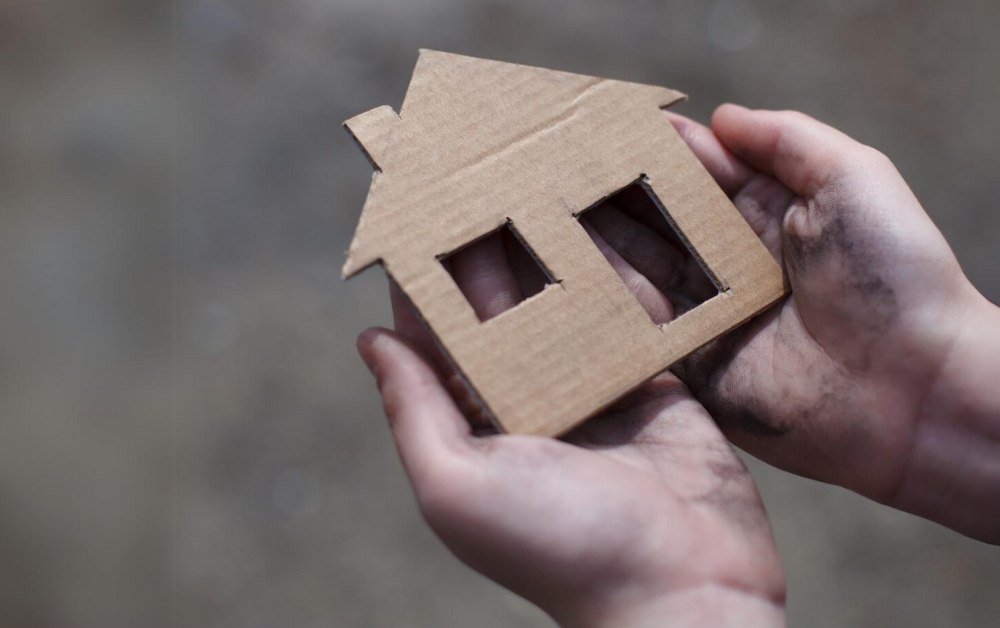The Complex Relationship Between Homelessness And Mental Health
November 17, 2023 | Mental Health Awareness | Telepsychiatry Benefits

Access to mental health care is one of the barriers that keeps patients from receiving the treatment they need. As an organization focused on improving access to care through telepsychiatry partnerships, we at innovaTel have an acute understanding of that challenge as our remote providers bring care to rural and remote areas that are typically considered underserved.
Even as telepsychiatry partnerships expand across the country, through our partnerships and those of our peers in the industry, there remains one patient population that continues to experience mental health conditions at an elevated rate.
As the country and the Substance Abuse and Mental Health Services Administration (SAMHSA) recognizes Homelessness Awareness Month, it is incumbent upon the healthcare, mental health and social services sectors to find opportunities for care among a population that is exceptionally vulnerable to trauma, substance use disorders, mental and medical health conditions.
A report that analyzed the subject, published in the Psychiatric Times in 2020, classified the influences and outcomes of homelessness as a “never-ending loop” impacting mental health and mortality — saying there is “clearly a link” between homelessness and psychiatric conditions, but that untangling the link is complicated.
SAMHSA estimates that about 580,000 individuals experienced homelessness in the U.S. in 2020. Mental illness often precedes homelessness, according to statistics that indicate two-thirds of the homeless population experience a mental illness before becoming unsheltered. But, being homeless has the potential to exacerbate certain conditions for a variety of reasons, including an absence of mental health care.
In addition to lacking stable housing, the mental health of people experiencing homelessness can be influenced by substance use, the conditions in which they’re living, their own physical health, and trauma experienced in childhood or adulthood.
This, in part, explains why it is difficult to unravel the relationship between mental health challenges and homelessness. And, why that relationship can be referred to as a “never-ending loop.” Despite the challenges, there are organizations and care models that are working to improve access to care — for everyone, including those experiencing homelessness.
Certified Community Behavioral Health Clinics (CCBHCs) and Federally Qualified Health Centers (FQHCs) are required to help anyone, regardless of their ability to pay for the services they receive. In addition, those care models offer either integrated care environments that address all aspects of health and social services — including housing support — or they rely on a referral network to aid in the delivery of care that is beyond their scope of practice.
At innovaTel, we work with CCBHCs and FQHCs across the country to improve access to care for the communities they serve by offering remote support, such as Medical Directors, psychiatrists or licensed clinical social workers. And as a company founded by clinicians who worked in community mental health for years, we have a deep understanding of and empathy for the unique needs providers in these environments are trying to meet — from the treatment of co-occurring disorders to care for those who are living with a serious mental illness.
If you are with a CCBHC or an FQHC and you are looking for additional clinical support, learn more about how our partnerships work!
Newsletter sign up
Internet Explorer is no longer supported.
Please use a different browser like Edge, Chrome or Firefox to enjoy a full web experience.
It's easy to make the switch.
Enjoy better browsing and increased security.
